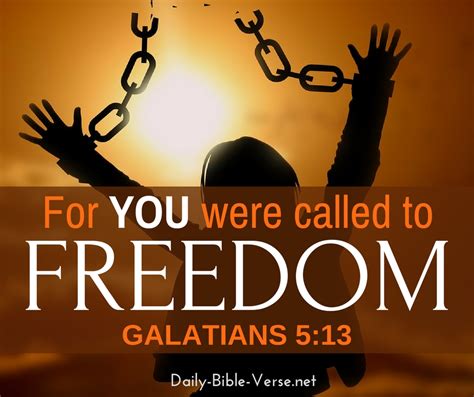The Bible's Antidote to Oppression: Finding Freedom in God's Word
Oppression, in its many forms, has plagued humanity throughout history. Whether it manifests as political tyranny, social injustice, economic inequality, or personal abuse, the experience leaves deep wounds and a desperate yearning for liberation. Surprisingly, within the pages of the Bible, often viewed as a source of societal norms, lies a powerful antidote to oppression: a message of freedom, justice, and empowerment that resonates deeply with those who have suffered. This isn't a simplistic "turn the other cheek" approach, but a nuanced understanding of God's character and his unwavering commitment to the oppressed.
God's Heart for the Oppressed: A Consistent Theme
Throughout the Old Testament, God repeatedly demonstrates his concern for the vulnerable and marginalized. He commands his people to care for widows, orphans, and foreigners (Deuteronomy 10:18; 27:19). The prophets, acting as God's voice, consistently denounce injustice and oppression, calling for righteousness and social reform. Isaiah, for example, fiercely condemns those who exploit the poor and abuse their power (Isaiah 1:17; 3:14-15). The very narrative arc of the Old Testament often portrays God delivering his people from oppression, whether it's slavery in Egypt, exile in Babylon, or the tyranny of neighboring nations. These narratives serve as powerful symbols of hope and demonstrate God's consistent intervention on behalf of the suffering.
How Does the Bible Define Oppression?
The Bible doesn't offer a single, concise definition of oppression, but rather illustrates it through various acts of injustice and cruelty. It encompasses physical violence, economic exploitation, social exclusion, and spiritual manipulation. The common thread is the abuse of power, the denial of basic human rights, and the systematic subjugation of a group or individual. Understanding the biblical context helps us recognize oppression in its diverse manifestations today.
The New Testament: A Proclamation of Liberation
The message of liberation reaches its zenith in the New Testament with the coming of Jesus Christ. Jesus himself identified with the marginalized, associating with the poor, the sick, and the outcast. His ministry was a radical challenge to the established power structures of his time, advocating for justice, compassion, and equality. His teachings on love, forgiveness, and reconciliation offer a transformative path towards overcoming oppression, not through passive acceptance, but through active resistance to injustice fueled by love and compassion.
Does Jesus' Teachings on Forgiveness Encourage Passive Acceptance of Oppression?
This is a crucial question. Jesus' teachings on forgiveness are often misinterpreted as a call for passive acceptance of oppression. However, his teachings must be understood within the context of his radical challenge to the status quo. Forgiveness is not about condoning injustice but about breaking the cycle of violence and hatred. It is a powerful tool for personal healing and transformation, but it does not negate the need for justice and active resistance to oppression. Jesus confronted injustice directly, challenging the religious and political leaders of his time. His teachings on forgiveness empower victims to break free from the bitterness and resentment that oppression fosters, allowing them to pursue justice and reconciliation without being consumed by anger and hatred.
Finding Practical Freedom in God's Word
The Bible offers practical strategies for overcoming oppression:
- Prayer and Spiritual Warfare: The Bible encourages believers to pray for justice and to engage in spiritual warfare against the forces that perpetuate oppression.
- Community and Solidarity: The biblical community emphasizes the importance of mutual support and solidarity among believers, particularly those who have experienced oppression.
- Advocacy and Social Action: The Bible inspires believers to actively advocate for justice and to work towards creating a more equitable society.
- Personal Transformation: The Bible encourages personal transformation, urging believers to overcome bitterness, resentment, and hatred, allowing them to live lives characterized by compassion, justice, and forgiveness.
The Bible's message is not simply one of passive endurance but of active resistance to oppression, fueled by faith, hope, and love. It provides both a theological foundation for challenging injustice and practical tools for overcoming it. By understanding God's heart for the oppressed and applying the principles found within his word, individuals and communities can find freedom from oppression and build a more just and equitable world.

